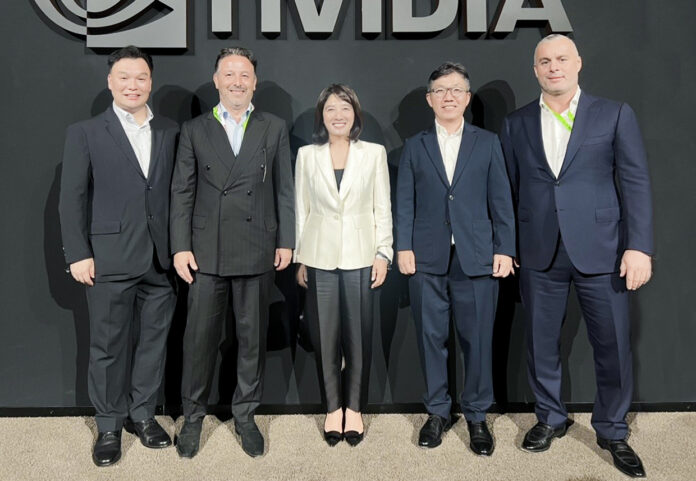South Korean tech giant Naver is making a bold move into North Africa with a major artificial intelligence initiative set to take shape in Morocco. In partnership with Nvidia, Nexus Core Systems, and Lloyds Capital, the company plans to build a cutting-edge data center powered entirely by renewable energy sources.
This next-generation facility, expected to deliver 500 megawatts of capacity, will serve as a key digital hub for Europe, the Middle East, and Africa. Construction is scheduled to begin in the final quarter of 2025, starting with an initial 40-megawatt phase focused on supercomputing. That phase will be equipped with Nvidia’s latest Blackwell GPUs and is expected to be completed by year’s end.
Several factors made Morocco an attractive choice for the project, notably its geographic proximity to Europe and its robust connectivity to the continent through multiple submarine fiber optic cables. According to reporting from the Korea Herald, these strategic advantages were decisive in Naver’s decision.
Once operational, the facility will be managed by Naver Cloud in collaboration with Nexus Core Systems and Lloyds Capital. The center will house advanced cloud and AI infrastructure designed to ensure data is processed, stored, and managed within a legally sovereign framework, addressing growing concerns over data privacy and digital sovereignty in the region.
To guarantee a stable and sustainable energy supply, the consortium has signed a long-term power purchase agreement with TAQA, a major player in the renewable energy sector. This ensures the data center will operate on 100% green energy, aligning with global sustainability goals.
The project signals a pivotal shift in Naver’s global strategy. Chae Sun-joo, who oversees strategic affairs at the company, described it as a landmark moment in Naver’s expansion beyond Asia and the Middle East. The move positions the company to significantly scale its cloud and AI capabilities across Europe and the broader EMEA region.





